|
Richard Hunn (1949-2006) passed away 17-years ago (as of October 1st, 2023). He was just 57-years old - having suffered from a short but devastating illness (Pancreatic Cancer). As with any good Ch'an Master - Rixhard Hunn tended to refuse any formal titles or awards - as he felt such baubles weighed-down a practitioner diverting the awareness away from the 'host' and toward the 'guest'! Besides, Charles Luk bestowed upon him the Dharma-Name of 'Wen Shu' - the name of the Bodhisattva Manjushri who appears all the way throughout the Buddhist Sutras - spreading his 'wisdom' and 'compassion' to all and sundry! After emigrating to Japan in 1991, Richard Hunn decided to carry-out a pilgrimage to Mount Fuji! For reasons only known to himself - this journey was carried-out in the depths of Winter - when the wind blew and the snow fell! When things were looking bleak - a person appeared out of nowhere and helped Richard Hunn seek-out assistance! A passing Senior Police Officer decided to take Richard into Custody whilst he investigated his background and motives. He was surprised when Richard started to converse with him in the Japanese language. When the Officer had sat and discussed Zen for an hour in a comfortable Police Station (whilst Richard was given a warm meal and drink) - The Officer ordered that Richard be driven to the peak of Mount Fuji and given a hotel room usually reserved for the Police! This was apparently out of respect for Richard's understanding of Zen - and his mastery of the Japanese language! Interestingly, around 2002 Richard visited my family home in Sutton (South London). I eventually introduced him to my Hakka Chinese grandmother - and to my astonishment he started talking to her in the Hakka language! She was taken by as much surprise as was I! Apparently, he had known a number of Hakka Chinese people at Essex University (I believe from Malaysia) who were members of the University's Chinese Buddhist Association. This ethnic Chinese group actually voted Richard to be the 'President' - the only non-Chinese person to have held that post up to that point! I believe this was during the late 1970s - when he also participated in the Multicultural Department of BBC's Pebble Mill (a general education and entertainment programme). Richard often arranged for British Buddhist content to be filmed and broadcast. He was personally responsible for a documentary covering the Thai Buddhist Temple (Buddhapadipa) situated in Wimbledon! Richard Hunn had spent an extended time sat meditating in that temple - with the Thai Head Monk suggesting that he became a Theravada Buddhist monastic! I watched this programme as a child - and only many years later would I meet Richard Hunn - and eventually take my place in the Meditation Hall of Buddhapadipa! Charles Luk had said that the empty mind ground underlies ALL circumstances an that it does not matter where we train just as long as we effectively 'look within' with a proper intensity and direction! Whilst Richard Hunn was establishing himself in Japan - he suggested that I travel to a Theravada country and train 'at the source', so-to-speak. This is how I ended-up training under Mangala Thero (in 1996) at the Ganga Ramaya Temple (in Beruwela) - situated in Sri Lanka. I have subsequently discovered that Mangala Mahathero has passed away after spending the last decade of his life living and meditating in isolation. I am told that Richard Hunn would sit 'still' for hours on end in various Zen Temples throughout the Kyoto area. Although outwardly he was practicing 'Zen' - inwardly he was practicing 'Caodong' Ch'an - the preferred lineage of Master Xu Yun (1840-1959). Although none of us know how long we will be on this Earth - we must remain vigilant and use our time effectively and productively! Not a single second must be wasted when it comes to self-cultivation! Instead of reading this board - look within! At this time of year I usually contact Richard's widow - Taeko - and offer my respects!
0 Comments
Sri Lanka: Letter (Number 2) from Ven. Mangala Thero - Ganga Ramaya Temple - Beruwela (17.2.1998)10/26/2021 My oldest daughter - Sue-Ling-Chan-Wyles - was born on August 8th, 1997. I was married to her mother - Cindy Chan - in Beruwela, (Sri Lanka) on December 13th, 1996. The Venerable Mangala Thero (a very learned Theravada Buddhist Monk now deceased) gave Sue-Ling the Dharma-Name 'Dhammika' - or 'She Who Diligently and devotedly Adheres to the Dhamma'. The Buddha advised a follow of His Dhamma to 'avoid' mixing with evil or negative persons - as their psychological and physical 'taints' (kilesa) or negative karma generated by excessive greed, hatred and delusion. Such people must help themselves - with those already possessing a pure mind (that is beyond corrupt) assisting them in this task. Those still attempting to purify and stabilise their minds must - for a time - separate themselves from the masses until their minds are strong enough to truly help and assist others. Sue-Ling is a grown woman now finding her own way in the world - and she is engaged in a number of ongoing projects designed to help and assist many different people. This is the ;essence' of Dhamma!
Over a number of weeks, Mangala Thero introduced me to the fundamentals of the Theravada School as taught in Sri Lanka. When returning to the UK - I had him featured in a Taijiquan magazine. However, some years later (around 2005), the Ven. Mangala Thero set me the following letter:
Author’s Note: In 2017, I wrote a short article about the Pali term ‘Bhavana’ and since then, I have been asked to write a more in-depth article regarding the meaning and application of this term in its Pali and Sanskrit context (both different and yet overlapping in places). Whereas in my earlier article (referenced below) I focused a great deal on the Chinese language term for ‘bhavana’ - in this outing I have limited myself to just the briefest of references to the Chinese equivalent – an act of considerable will-power considering Chinese Buddhism is one of my academic specialities (both ethnically and academically). However, I have always held the Theravada tradition in high regard and have been helped tremendously by its many practitioners and institutions around the world! From my Chinese Ch’an practice (and penetration of the empty mind ground) - I have come to see and appreciate how the many different branches of Buddhism (and reality in general) all manifest from the same stout trunk... Although what I convey to you is academically correct – you do not have to accept my conclusions. Always think for yourselves and make-up your own minds! ACW (17.9.2021) When I was studying Theravada Buddhism in Sri Lanka (in 1996), a term I came across continuously was ‘bhavana’ (‘भावना’ Pali and ‘भवन’ Sanskrit) - this was invariably used to refer to the act of seated ‘meditation’ and all the psychological and physical discipline required to successfully carry-out this important Buddhist practice. Indeed, within the Chinese written language, ‘bhavana’ is referred to as ‘修習’ (Xiu Xi) - or a central method of mind-body transformation – literally ‘self-cultivation method(s) or ‘habits’’ or ‘disciplined paths which intersect at a certain point of development’. A more succinct translation could be ‘paths of self-discipline' with the caveat that what is being suggested is the strict disciplining of the mind and body through the correct application of the Vinaya Discipline and the Bodhisattva Vows. Therefore, the single act of seated meditation has a wealth of supporting disciplinary activities surrounding its application, and does not appear does not suddenly appear out of a vacuum of non-effort. In other words, ‘bhavana’ refers to an act of ‘meditation’ which is the summation of the entire Buddhist path! Although the emphasis was always upon seated meditation, of course, standing, sitting and lying-down is allowed in the Buddhist Suttas – which very much depends upon the meditation teacher and the practitioner involved. Compassion, loving-kindness and wisdom must always be the driving force behind the practice of ‘bhavana’. As a ‘noun’, the Sanskrit dictionary states that भवन (bhavana) refers to:
The Pali dictionary suggests that ‘bhavana’ (भावना) refers to 'mental development' (lit. 'calling into existence, producing') in what in English is generally referred to 'meditation'. The Theravada School of Buddhism distinguishes two types of bhavana:
Interestingly, the very similar Sanskrit term ‘भावना’ (bhāvnā) refers to feeling, sensation, emotion and sentiment and is certainty moving toward the Buddhist (Pali) implications. Perhaps the Buddha modified a Pali term which once referred to the external practice of building houses and cultivating fields for farming – but changed its onus from this ‘objective’ meaning to a purely ‘subjective’ meaning relating to states of mind and patterns of thought and emotion. Just as rocks, weeds and stones are removed from the soil to make it fertile – the Buddhist practitioner uproots greed, hatred and delusion from the psychic fabric of the mind so that the mind becomes ‘fertile’ to receive the fruits of Buddhist self-cultivation. The Pali term appears to be referring to ‘that which arises from within’ - whilst the Sanskrit term is referring to ‘that which arises from without’. I would suggest that the inner perception of boundless space integrates with the awareness of boundless outer space – and that this is how the Buddha ultimately reconciles the two distinct meanings of this term. If a practitioner applies the Dhamma correctly – then like a plant growing from a seed into a might tree – the fruits of the Dhamma will manifest in the mind, body (and through behaviour) the environment!
Dear Ben My personal experience (for what it is worth), appears to suggest to me that the enlightened state can (and is) realised by all and sundry - irrespective of circumstance - even though I fully acknowledge that its attainment is 'rare' even for those who are actively seeking it. When I was on Mount Athos, for instance, (probably around 2001), I met some remarkable Orthodox Christian monks whose ideas were very similar with regards to inner attainment. I also appreciate the beautiful icons of Jesus Christ depicted as an Asian man! In the West, the Christian monastics are the people who 'look within' to a surprising degree - but due to humility - their attainments are virtually unknown. Of course, this is very different to what might be called the 'popular Church' which is only concerned with crass individuality, recruitment (through conversion) and the amassing of wealth! These are the missionaries who did so much damage in Asia in times gone by. I have no time for this type of 'racist' spirituality - but I know that this is not the genuine Christianity and does not represents the ordinary Christian people who are very 'humble' and very 'compassionate'. Where Judaism has assisted me is mostly through superb secular academics who have happened to be of a Jewish ethnicity. I have also lived in Hindu and Muslim families and experienced tremendous caring and compassion - not being asked for a penny even after a year of hospitality! In all of this I do not exclude those who see themselves as 'atheists' (other than 'fascists') - as reality can emerge at the strangest of times. I was once walking who a dense jungle in Sri Lanka (in late 1996) with a bare-footed Buddhist monk. Suddenly, a huge hooded-snake rose up from the ground and was about three or four foot off the ground. It gently looked at me - swaying left and right. The Bhikkhu did not break his stride but walked toward the snake - which slithered up his body and rested its head on his right shoulder! The Bhikkhu then asked me to 'touch' the snake's head - which I did in a type of 'haze'! The snake then dropped to the ground and retraced its slither back into the undergrowth. The monk said he has met this snake for nearly 20-years years and almost in the same spot! The snake wanted to make sure that I understood that this was his path and that the jungle was not 'safe' for inexperienced strangers!
|
Archives
March 2024
Categories
All
|
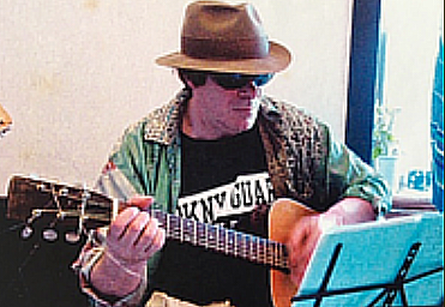
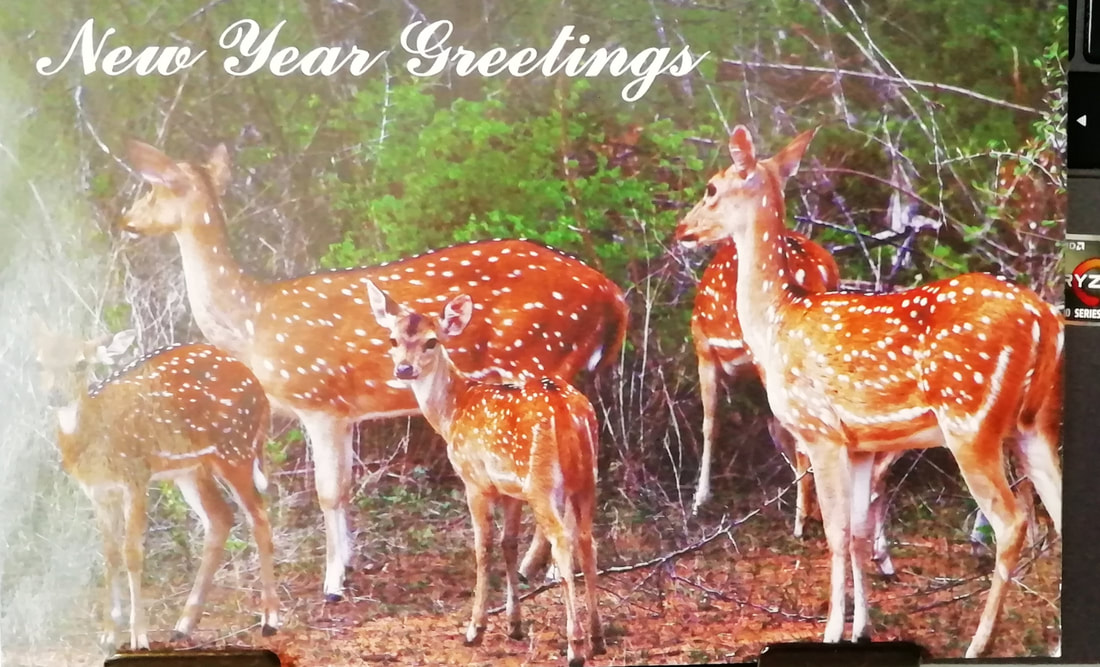
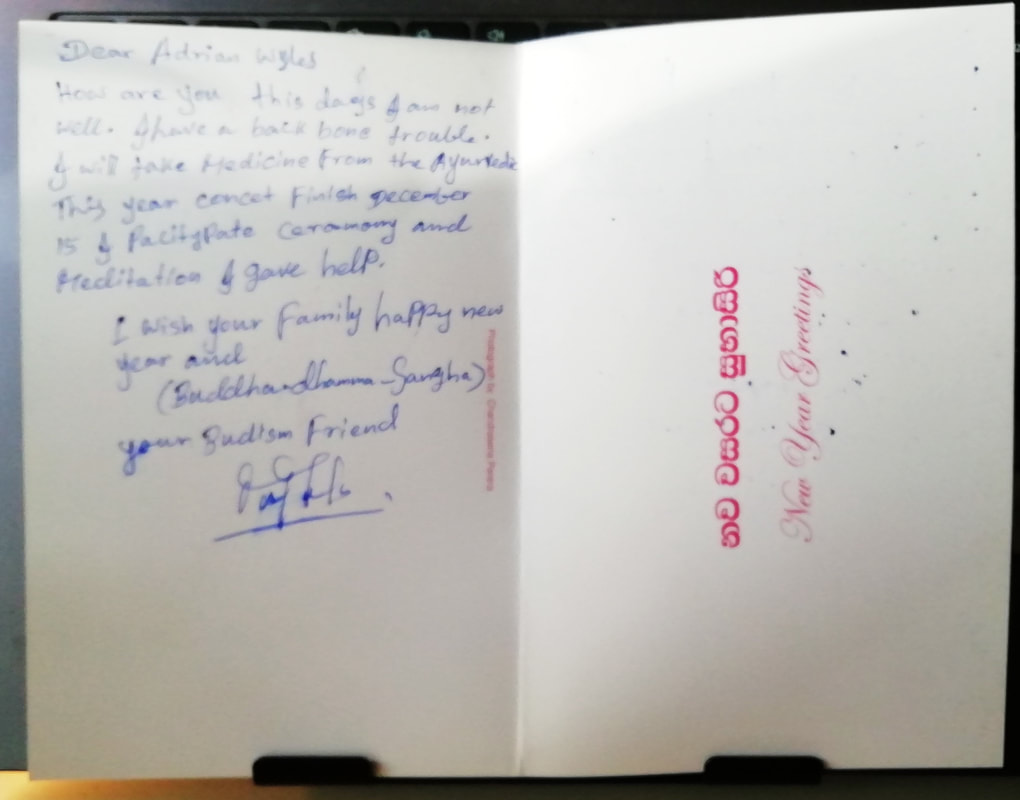
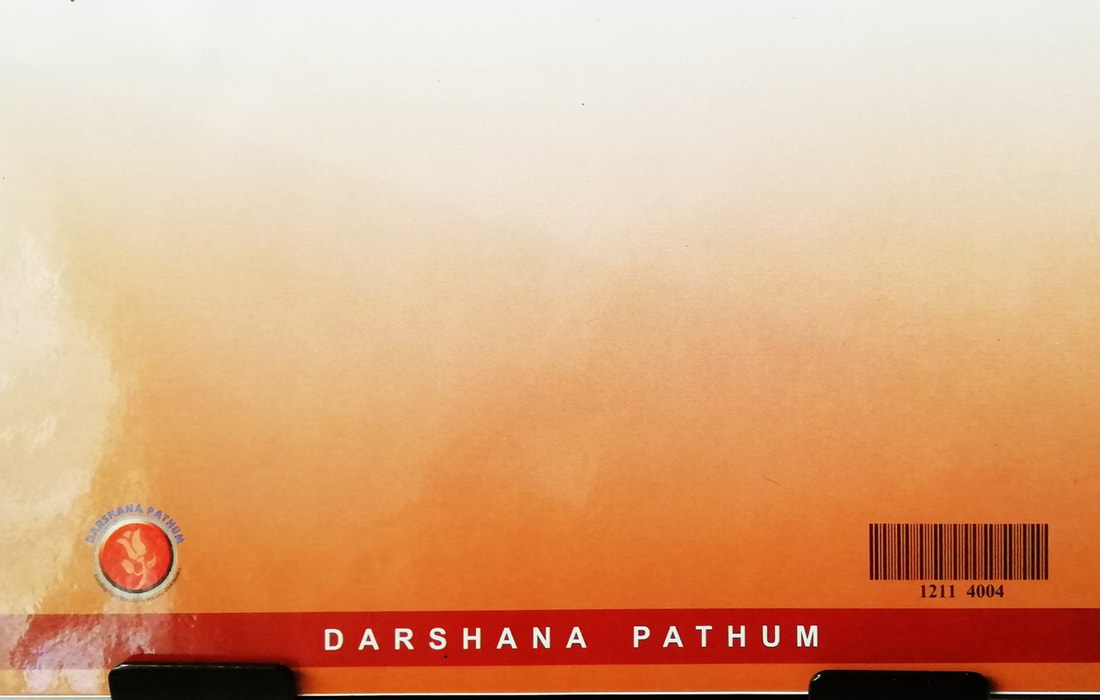
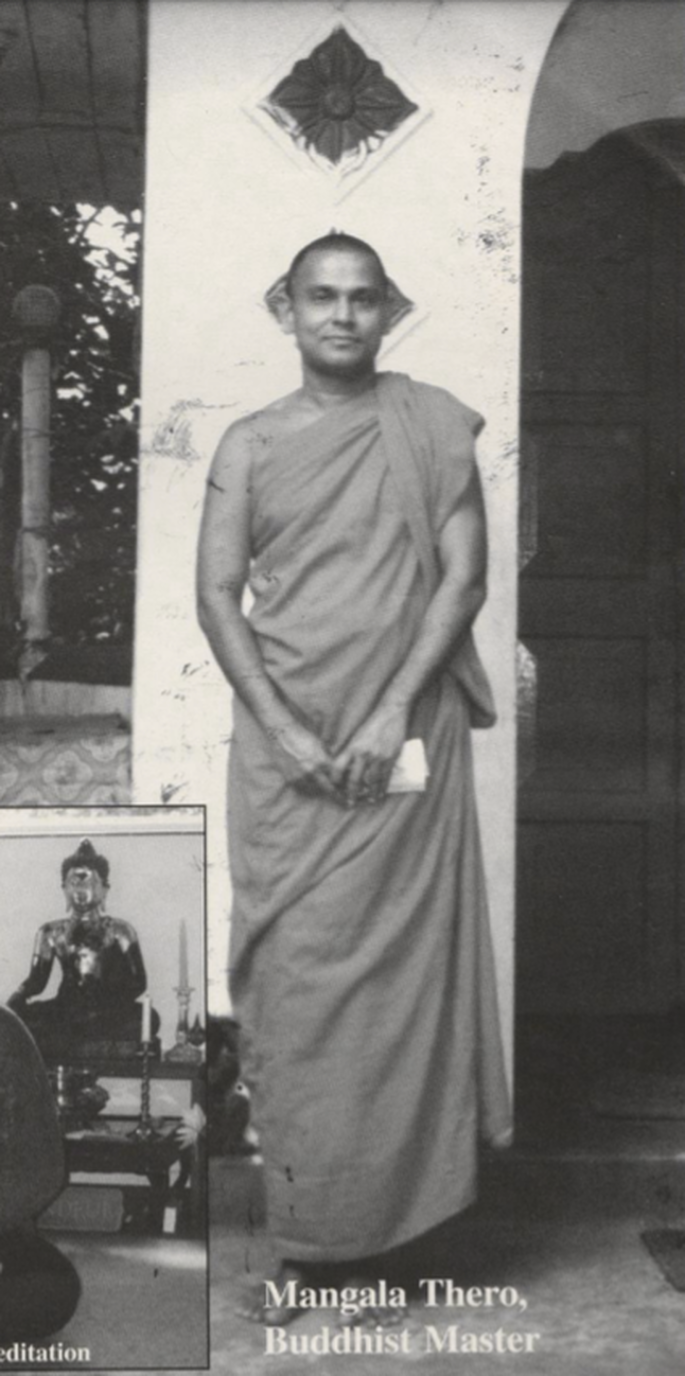
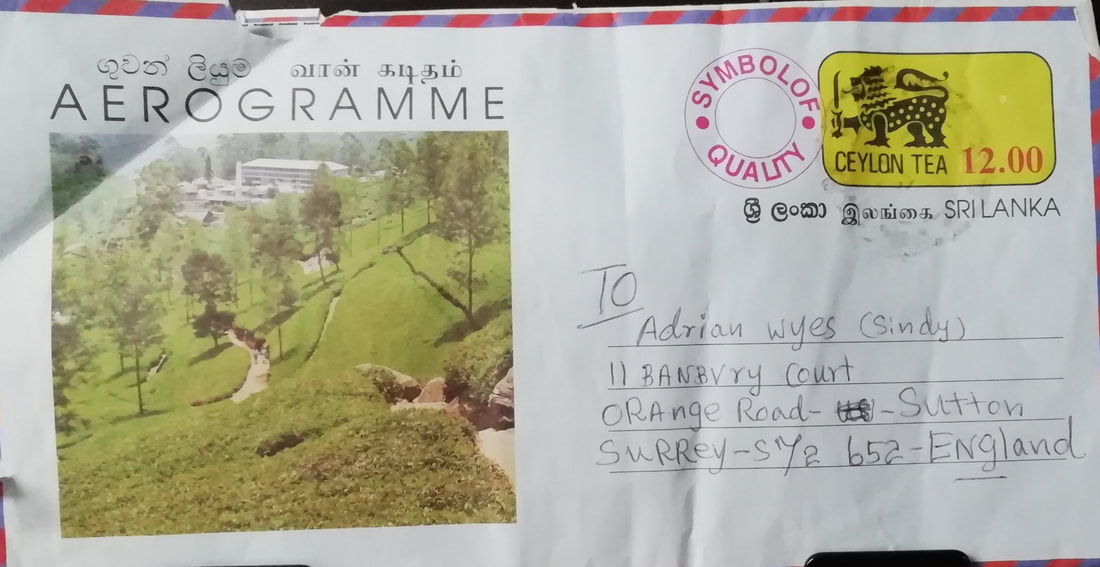
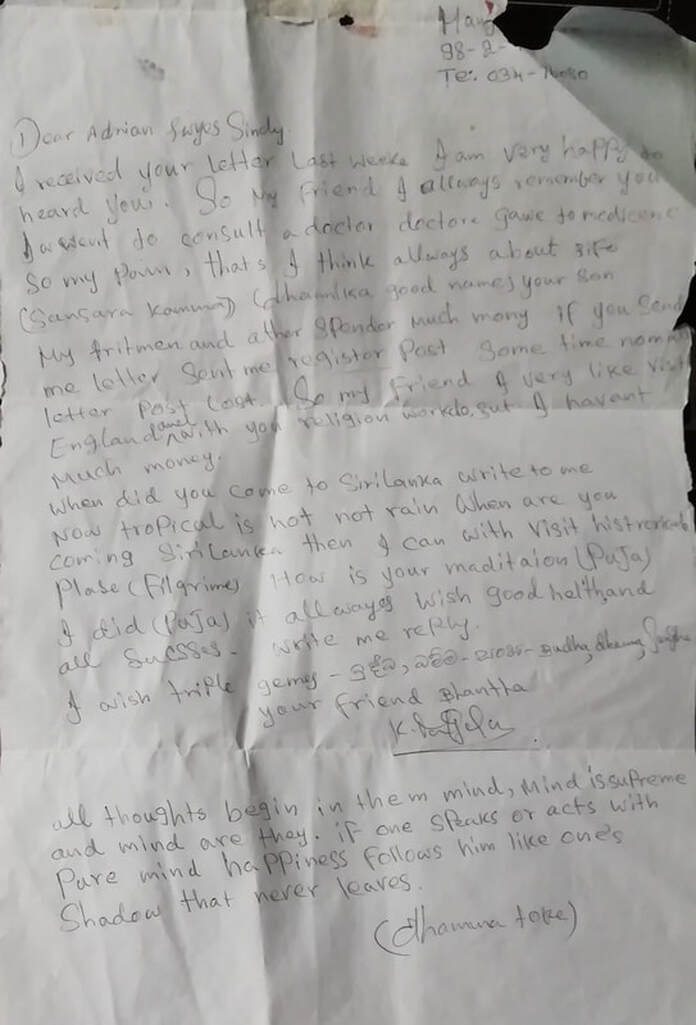



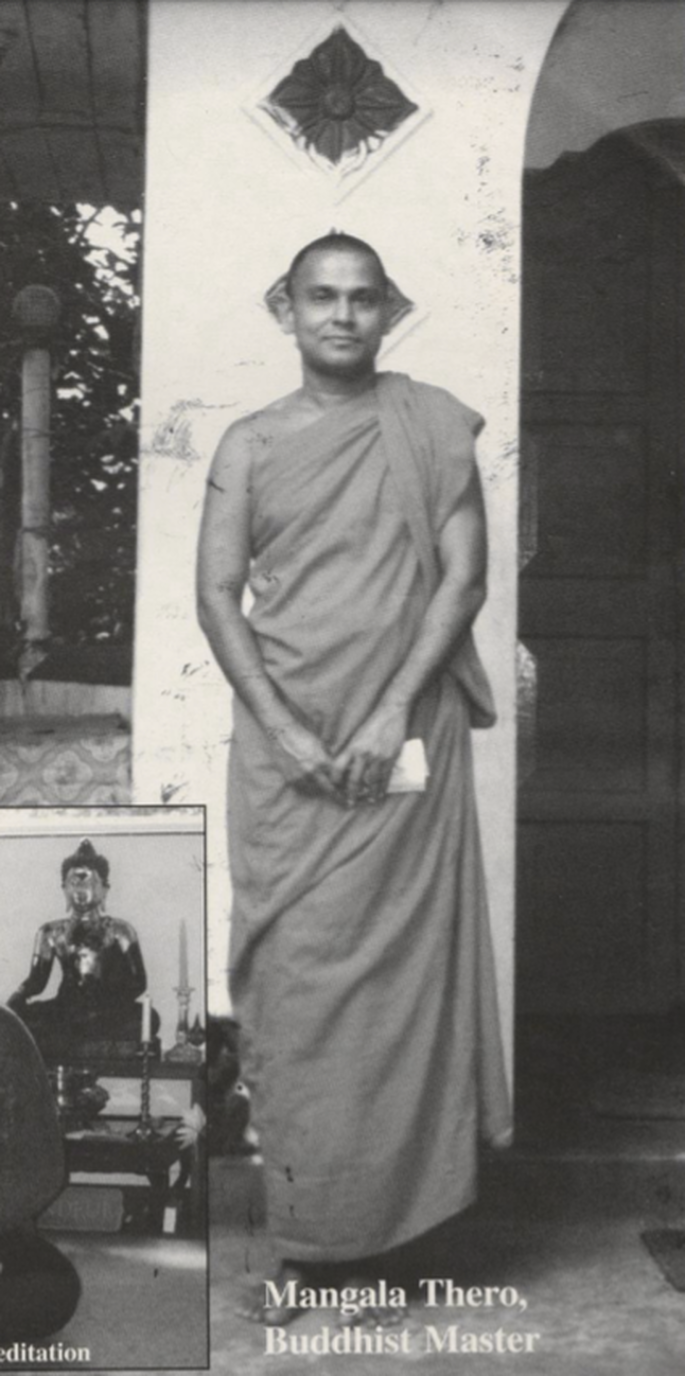
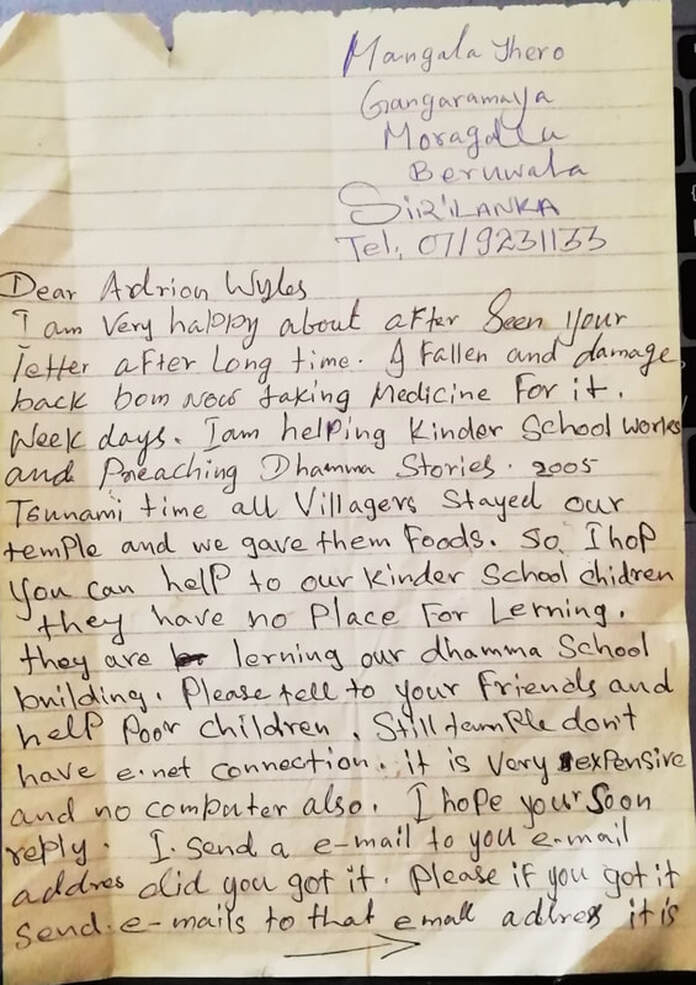

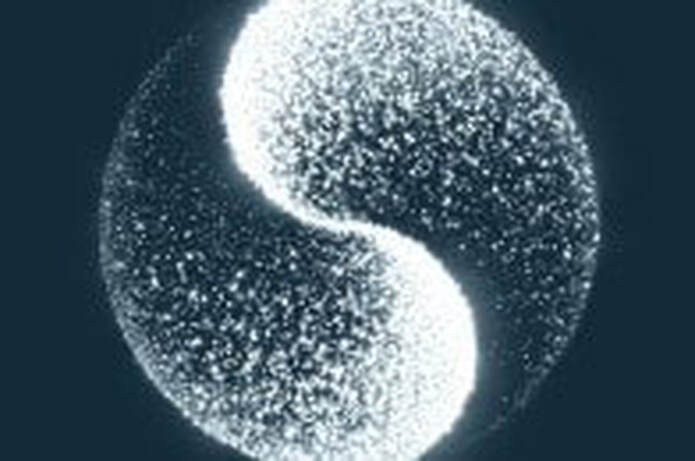
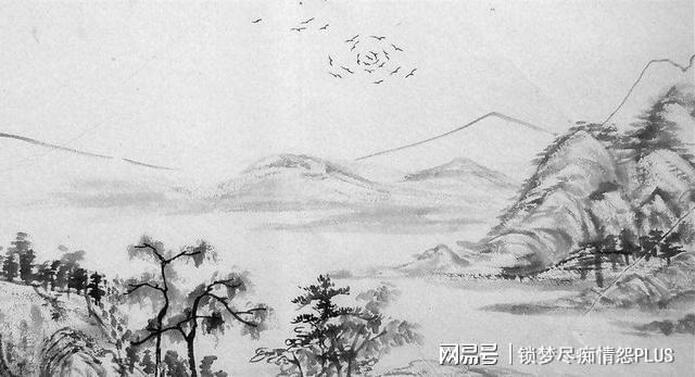
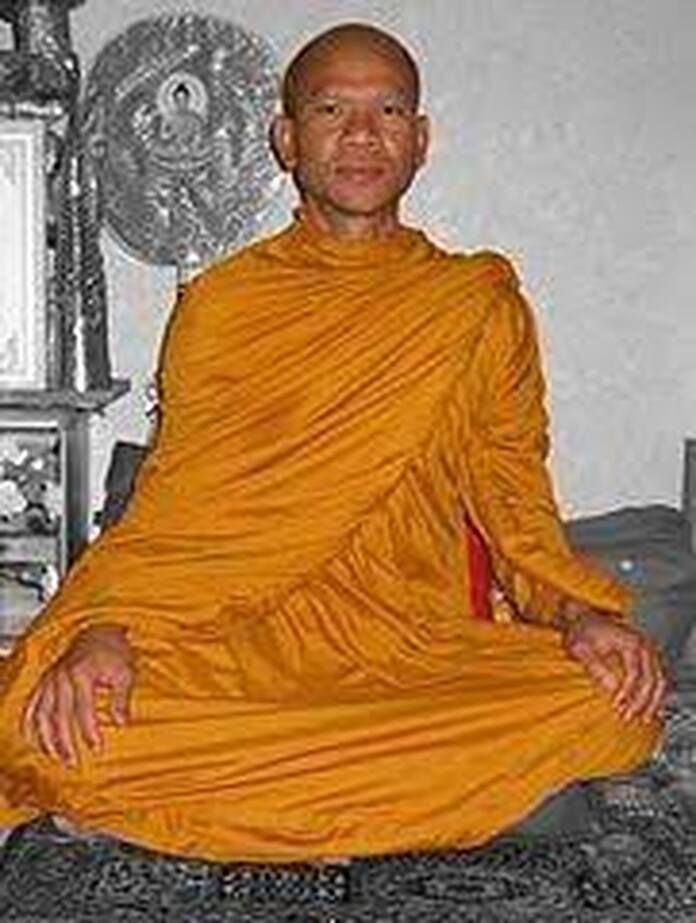
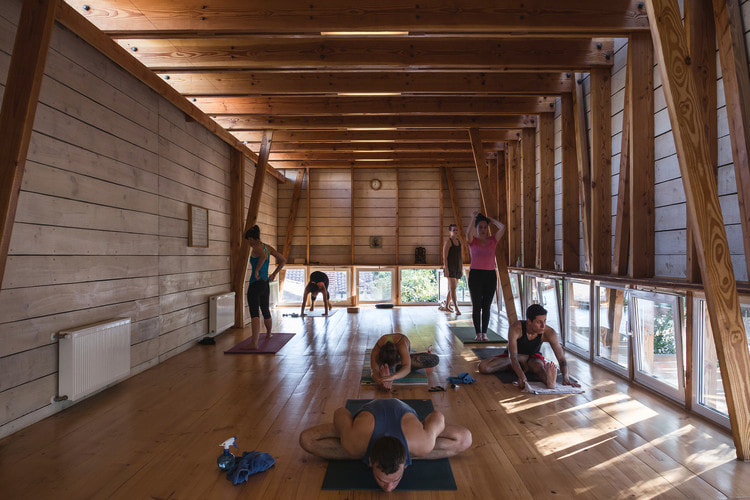
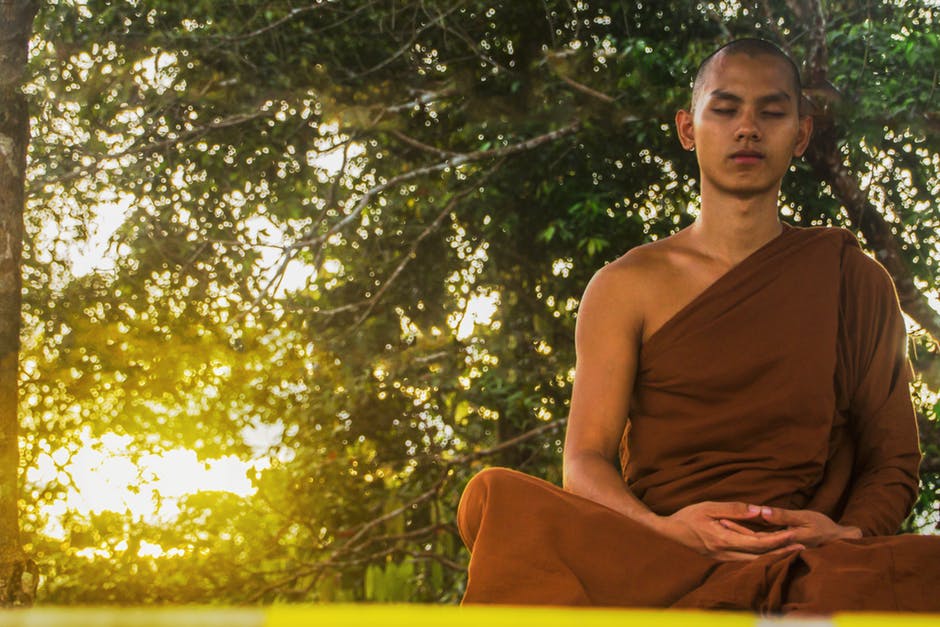

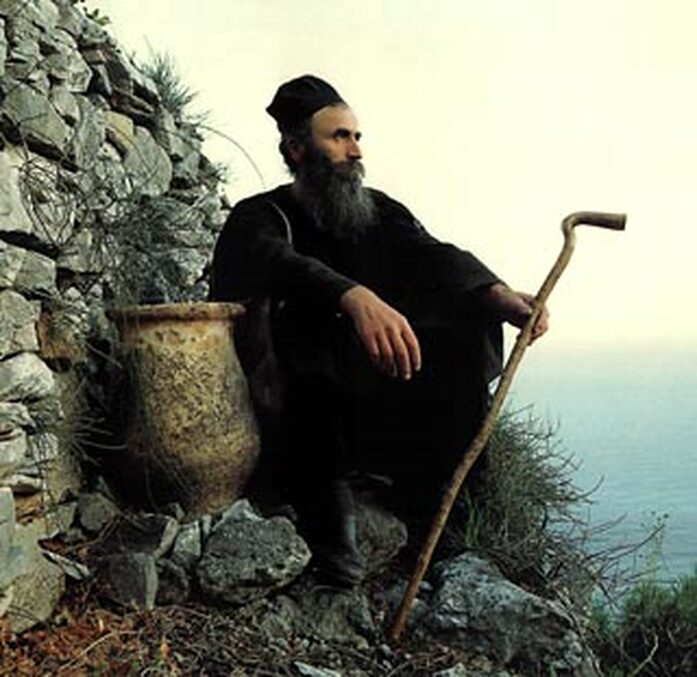

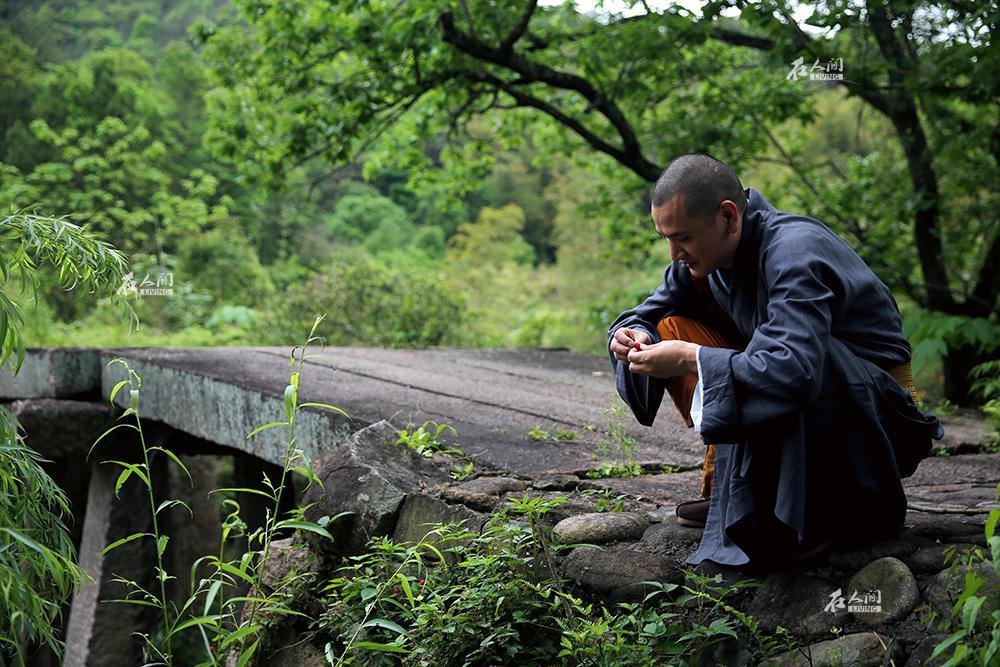
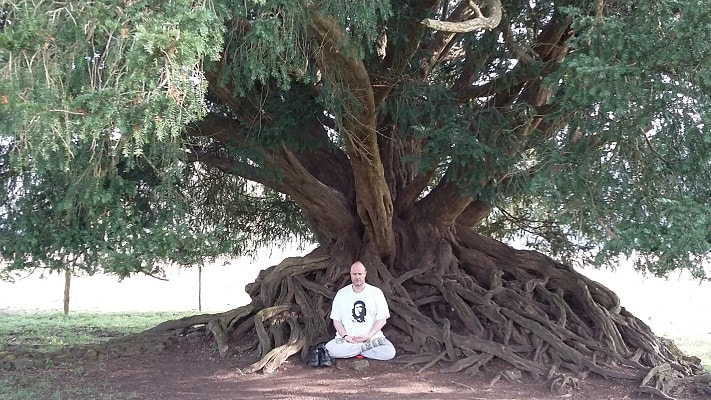
 RSS Feed
RSS Feed